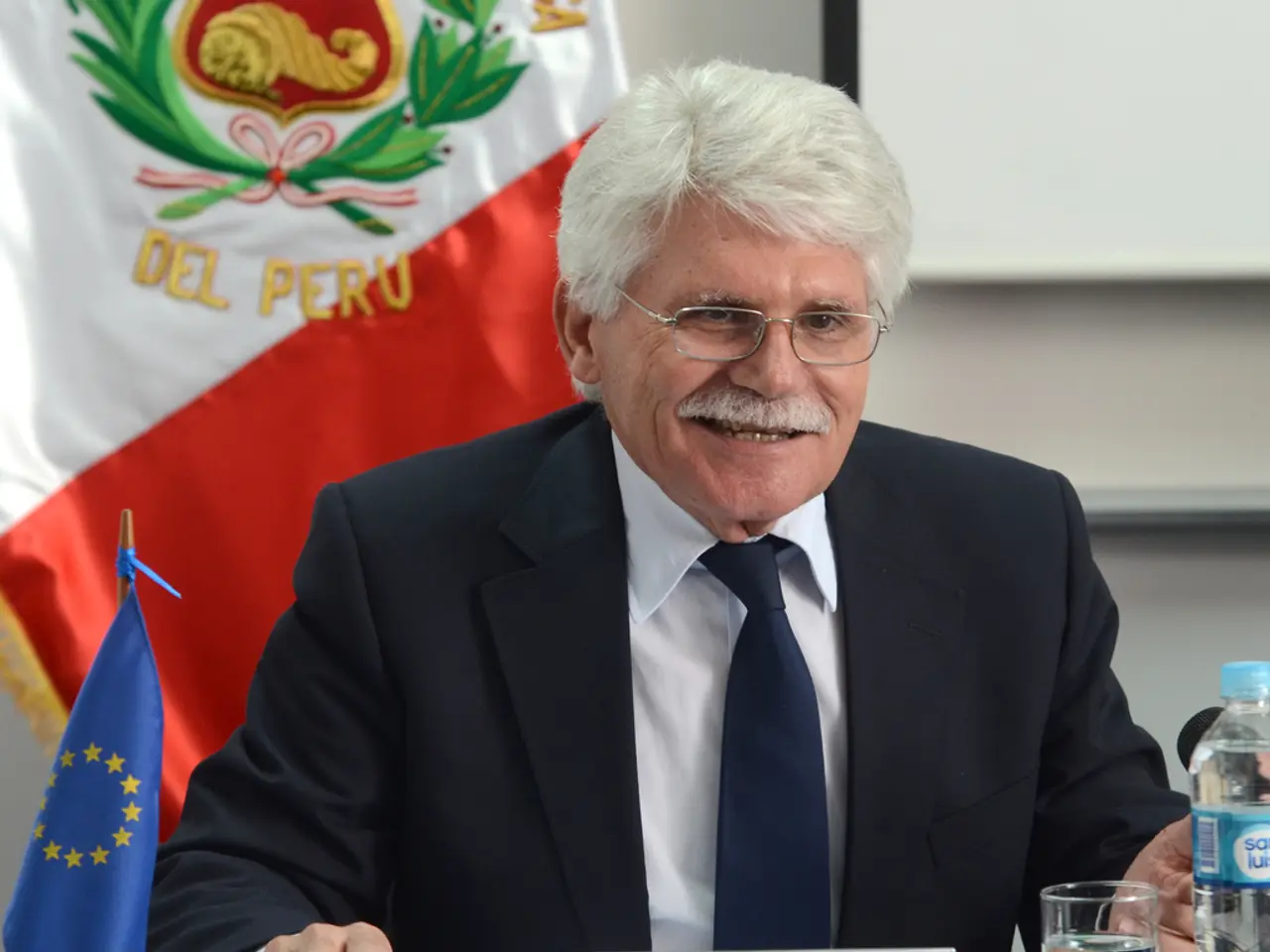Criticism galore from AfD politician over final rebranding of Hindenburg barracks
In a significant move, the Bundeswehr announced on September 10 that the Hindenburg barracks in Munster would be renamed "Unteroffizier-Friederike-Kruger-Kaserne." This decision, which was based on an expert opinion from the Center for Military History and Social Sciences, marks a shift away from the legacy of a controversial historical figure towards an identification-creating role model for all soldiers.
The renaming was approved by Defense Minister Boris Pistorius (SPD) at the end of April, following repeated demands from representatives of the political left for the renaming of military facilities bearing the name of the field marshal. The decision was made in connection with the "tradition preservation of the Bundeswehr" and with the involvement of the soldiers.
The barracks were likely named after Paul von Hindenburg, a German military officer and President closely associated with the early Nazi era. Renaming such barracks is usually a step taken to dissociate from the Nazi past or figures linked to militarism and authoritarianism. This process can generate controversy as it involves reassessing historical memory and identity, balancing between acknowledging history and rejecting its problematic aspects.
Friederike Kruger (1789-1848), the new namesake of the barracks, stands for the highest sense of duty, a patriotic mindset, a firm inner conviction, and the restoration of right and freedom. Kruger had already advocated for equality early on, making her a fitting symbol for the modern Bundeswehr.
However, the defense policy spokesman of the AfD in the Bundestag, Rüdiger Lucassen, has criticized the renaming of the Hindenburg barracks in Lower Saxony's Munster. Lucassen believes that the renaming weakens combat readiness of the Bundeswehr and emphasizes that a German military tradition, esprit de corps, and lived soldierly custom are identity- and meaning-creating for today's soldiers.
It's important to note that the renaming of other military facilities bearing the name of the field marshal has occurred in the past. The biography of Friederike Kruger, on the other hand, presents a historical role model for courage, duty fulfillment, and devotion in service, according to the army.
In the fall of 2023, Bundestag member of the Left Party, Jan Korte, asked the federal government whether Paul von Hindenburg was still considered "tradition-forming" for the Bundeswehr. Siemtje Möller, the Parliamentary State Secretary in the Federal Ministry of Defense, emphasized that Hindenburg had also been supported by the democratic forces in the Weimar Republic.
The renaming of the Hindenburg barracks is part of a larger trend in Germany to reassess its historical figures and military installations, particularly those with ties to the Nazi era or authoritarianism. For precise details on the controversy surrounding the renaming of the Hindenburg barracks in Munster, official military or local government sources or news reports from the time of the renaming would be necessary.
The defense policy of Germany, as exemplified by the renaming of the Hindenburg barracks, highlights a shift towards remodeling military institutions, distancing from historical figures associated with authoritarianism, and promoting role models that embody the values of duty, patriotism, and equality. This policy and legislative move in the realm of politics, involving the renaming of war-and-conflicts related facilities, has sparked general-news debates, with criticisms raised by political parties such as the AfD.







